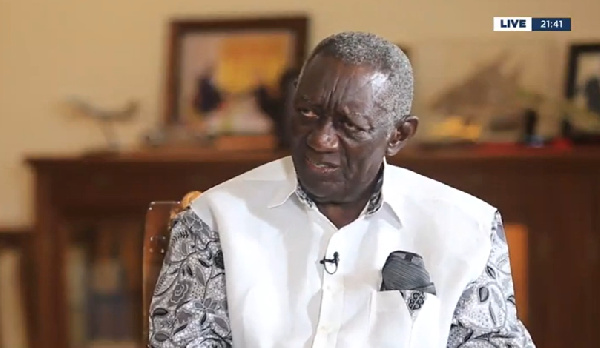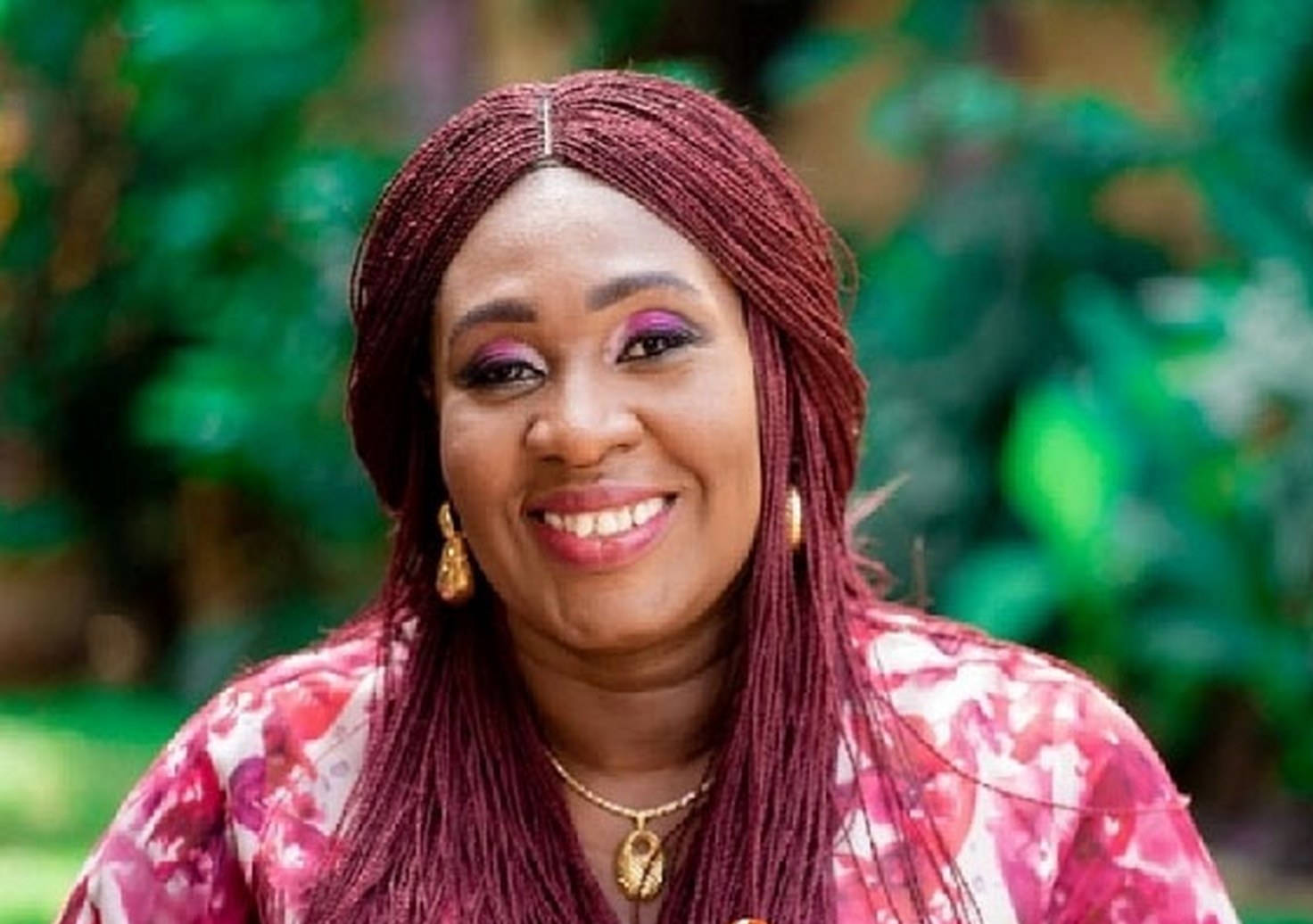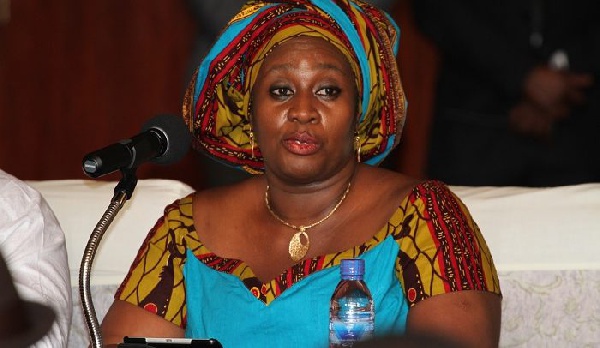

Agriculture is Africa’s big potential for economic growth. Many private businesses want to use it, but Ghana’s former President John Agyekum Kufuor says they will need a strong partner: the state
Well thought through policy frameworks, education for rural dwellers, as well as easy access to credit and other inputs by farmers. Those are the three major policy recommendations from Ghana’s former President John Agyekum Kufuor on how to turn around the agricultural sector in Africa, make it more productive and help ensure food security on the continent. Of all the three, he places good government policy at the top.
“Giving the difficult situation we find ourselves in, in terms of development, government policy should be comprehensive and should be in an integrated way. Policy should help move people from scratching little piece of ground into proper, modern, entrepreneurial agriculture,” he explained.
Africa has a population of about 1.2 billion people. Roughly 60% of them live in rural areas where basic amenities like clean water, electricity, education, etc. remain a luxury and poverty is widespread. Despite an estimated 70% of the population engaged in farming, Africa spends about $50 billion every year importing food, majority of which the continent has the capacity to produce locally. Food insecurity remains a major issue with an estimated 200 to 224 million people being undernourished. The soon-to-be 80-year-old former President is worried about this. “But Africa has about 60% of arable land in the whole world, and we’ve got the water sources. So what are we doing?”, he asks.
Fixing the challenges
So how best can the above-mentioned problems be dealt with? Kufuor is advocating for a strengthening of the private sector to play the lead role in every stage along the agricultural value chain, from growing the crops to processing to sale of finished products. He also wants civil society groups to serve as the ‘voice of voiceless’ farmers and put government on its toes so they set out good agricultural policies. “Farmers tend to be conservative. But civil organizations should be there like watchdogs to ensure undue advantage is not taken of the farmer at any stage,” he said. He wants government to limit its role in the space to creating the enabling environment that will allow private players to flourish.

The man who in 2011 was awarded the World Food Prize for his role in helping Ghana meet the Millennium Development Goal target on food security says it’s about time farmers treated agriculture as business if the above challenges will be fixed. “Agriculture hasn’t been approached on business lines over the years. It’s just been; you scratch just some piece. And feed yourself from hand to mouth,” he observed.
“And also lack of scientific approach to agriculture. We depend on the rain and not so much on irrigation. We do not prepare the land well. Soil research hasn’t played a role. And improved seedlings haven’t been there for the small farmers to use. Credit access is another issue,” Mr. Kufuor added.
More than 80 percent of farmers in Sub Saharan Africa are small scale producers farming on average farm sizes of 2.4 hectares. Majority of them rely on crude implements like hoe and cutlasses and farm at very low productive rates. For example, on the average maize yield on 1 hectare of farmland in Africa is 1.5 tonnes, compared to 22 tonnes in America.
Mr. Kufuor is advocating for increased access to mechanization on farms across the continent to help improve productivity and transform agriculture. “We need easy market access. Mechanization as well. When we talk mechanization, we are not talking about super technology. We are talking about the basics. Simple tractors, mechanized spraying systems, electrification,” he explained.
Beyond the farm gates, the former President is pushing for a conscious effort to create more wealth in rural areas higher up the agricultural value chain. “Good market practices. Strategically positioned milling systems and processing plants so that we will also save the crops. All these technologies should come together. And a lot of extension work. So the value chain should be in place,” Mr. Kufuor said. He noted there are some of such policy initiatives that have been introduced in Africa over the years but called for more.
Key threat to African agriculture
The former president also expressed worry about climate change and how it is severely impacting African agriculture. “It’s been surprising us. The rains are not coming seasonally. And when they come, they pour. So top soils are inundated. Farms are destroyed. And when they are not coming too, its drought. You cannot grow anything with it,” he observes.

He says it is about time that these challenges are tackled head-on with government and the private sector (including the farmers themselves), working together. “Growing improved seedlings, using extension services, irrigation schemes, proper land preparation, and empowering farmers to use good agricultural practices. That is the way to go,” he said.
View of transformed rural Africa
Kufuor served as president of Ghana for 8 years between 2001 and 2009. His administration introduced social interventions that allowed for the extension of education, healthcare and credit facilities to lots of people in rural Ghana. He believes a transformed rural Africa must not only focus on improving agricultural practices but must also prioritise development of human resource. “Transformation of agriculture should make the farmer who is the human resource self-fulfilled. Farmers should get the satisfaction. If you want to be able to do this, the farmer should be educated,” he noted. “And they need roads, potable water, education and health facilities,” he added.
Successful agric policies in Africa
When asked about successful agricultural policies in Africa over the years that he can confirm has boosted agriculture and transformed rural communities, he pointed to the cocoa industry under his watch as president. Ghana has a very restrictive cocoa industry because of its strategic contribution to the economy through foreign exchange. No individual in the country has the right to export cocoa. All produce is sold by farmers to cocoa buying companies which purchase them on behalf of government regulatory body, Ghana COCOBOD for onward export.
Before Mr. Kufuor became President in 2001, government gave farmers only 30% of the amount it sold each bag of cocoa on the world market, and the Finance Ministry used the rest to support state budget. But the Kufuor government changed that policy and decided to give farmers at least 60%. Within three years, output doubled from 350,000 tonnes of cocoa production annually to over 700,000 tonnes, allowing government to rake in more revenue whilst the farmer enjoyed more fruits from his labour. “Ghana had been doing cocoa for more than 80 years. But things changed in 2006 with the policy change, coupled with free pesticide spraying by the government and subsidized fertilizer. That encouraged the farmers,” he noted.

Mr. Kufuor says the most effective way to ensure increased youth participation in the agricultural value chain apart from extending basic amenities to rural areas is deliberately providing support to them. “In my tenure as president, we prioritized agriculture. It meant restoring extension work, setting up rural banks to give credits to small-scale farmers, got soil research unit of agricultural ministry to reach out to let people see what they can do with their lands,” he noted.
“Marketing practices, opening up of the country with feeder roads and social interventions like health centres, education in strategic points, and to talk about mechanization so that the back breaking work associated with farming that has been off-putting to the youth will end,” he said.
Investments in Agriculture
Mr. Kufuor identified effective communication as one of the most critical tools private sector can rely on to better transform agriculture. He says rural people should be sensitised on opportunities government and the booming private sector is making available to ordinary farmers. The former president advocates a good mixture of both foreign and local investment in rural areas as a sure way to transform agriculture but cautioned against practices that disadvantage small-scale producers. “That’s why state intervention is critical. Looking to ensure foreigners will not be exploitative so it’s a win-win kind of venture. Small-scale farms should still exist around large-scale cash crop plantations so locals can learn the trade and acquire the skills,” he said.
Kufuor Foundation
Mr. Kufuor established the John A. Kufuor Foundation after ending his tenure as president. The foundation does two main things; first, train and mentor young people into effective leaders. It has also been working with various partners to help African farmers boost productivity. In Nigeria for example, the foundation has been working with the Competitive African Rice Initiative to help improve upon rice production through extension and advisory services. This has helped Nigeria increase rice production per hectare from 2.5 tonnes to 5.8 tonnes within a space of 5 years.
The former president says crucial collaborations with international donors like the German Development Corporation is a good way to transform agriculture on the continent. “They are there in a way like institutional arrangements to empower locals which is very good. They come in to help and teach people to fish instead of giving them fish to eat”, he noted.






